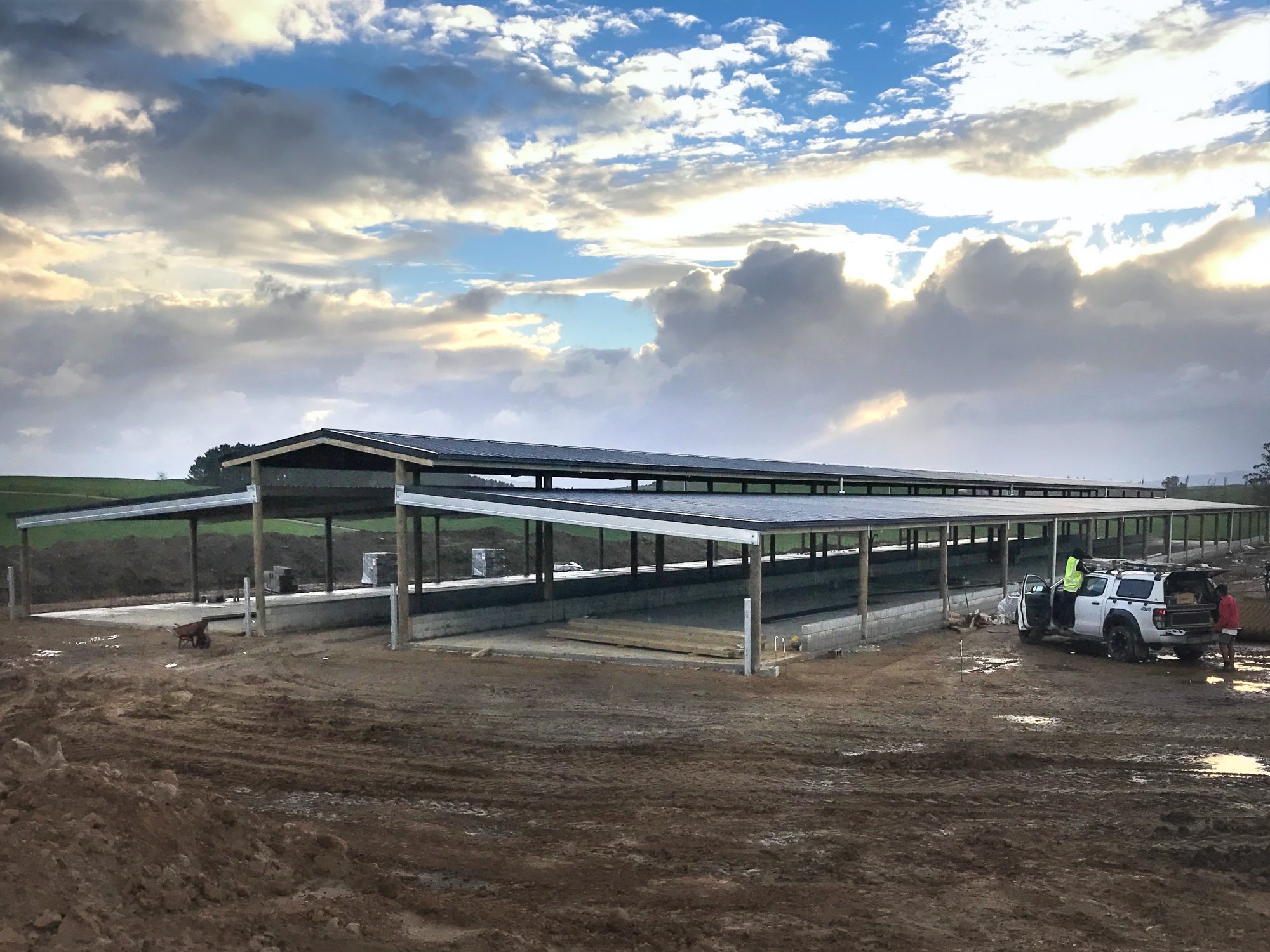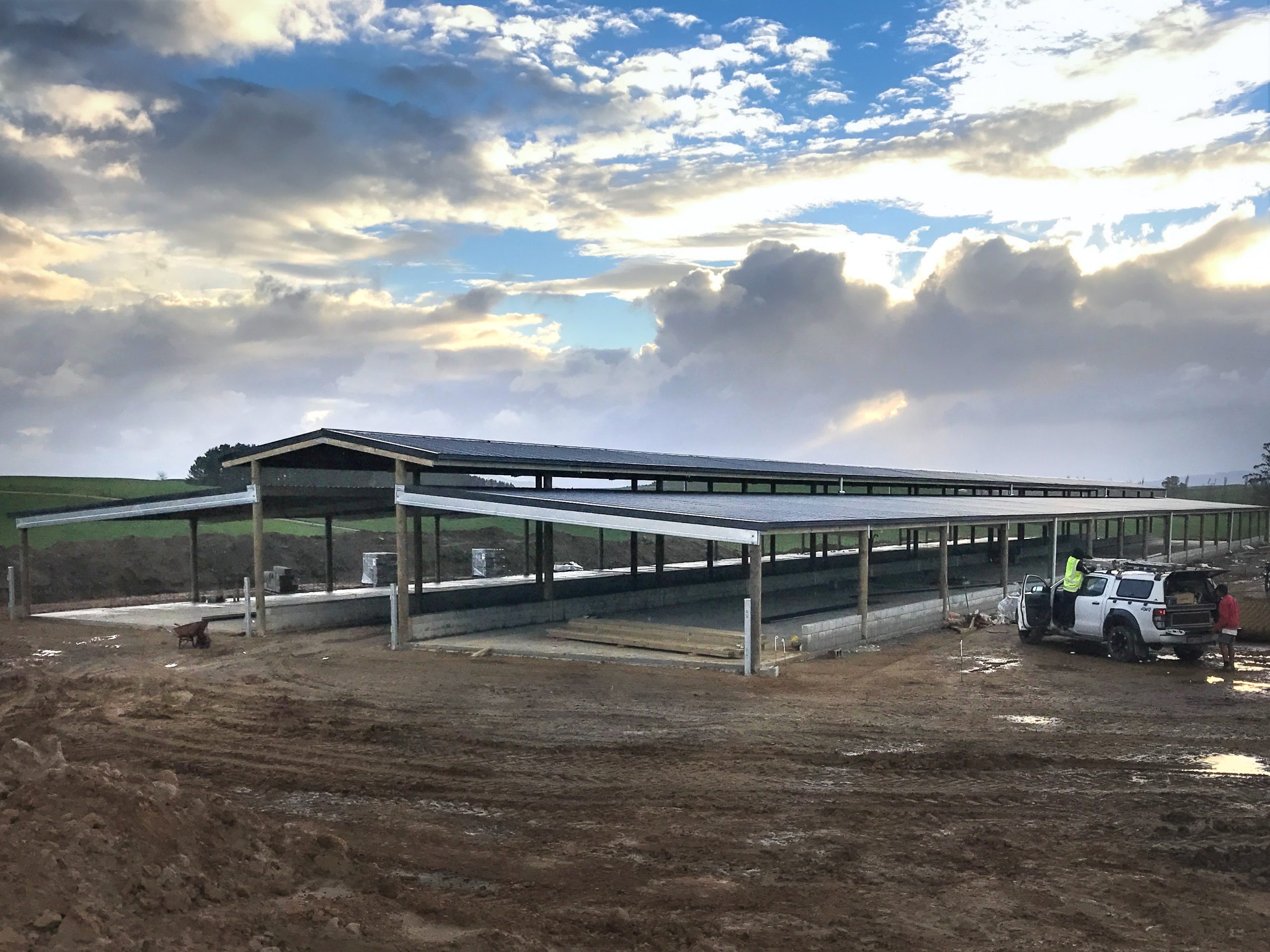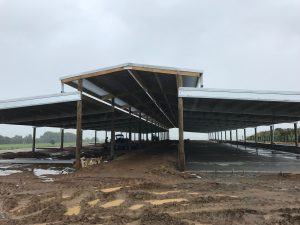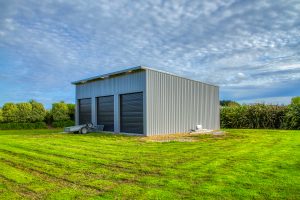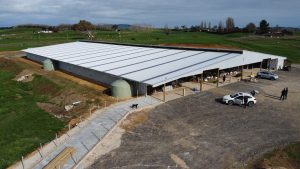In recent years, composting barns have gained popularity in New Zealand as an innovative solution for cattle farming during the winter months. This blog explores the numerous benefits that composting barns offer to both cattle and farmers, from providing a comfortable environment for the animals to preserving the quality of the paddocks and reducing the need for additional fertilization.
Enhanced Cattle Welfare:
Composting barns provide a controlled indoor environment that offers several advantages for cattle during the winter season. Here are some key benefits:
a. Protection from Harsh Weather: By keeping cattle indoors, composting barns protect them from the adverse effects of cold, wet, and windy conditions. This reduces stress and helps maintain the overall health and well-being of the animals.
b. Improved Comfort and Hygiene: The barns are designed to provide comfortable bedding for the cattle, promoting proper rest and reducing the risk of injuries. Furthermore, the barns’ well-managed composting process helps maintain cleanliness and hygiene, minimizing the likelihood of disease transmission among the herd.
Preservation of Pasture and Paddock Quality:
One significant advantage of composting barns is the prevention of pasture damage caused by winter grazing. Here’s how composting barns contribute to paddock preservation:
a. Prevention of Pugging: Pugging, the deep indentations caused by cattle hooves in wet soil, can lead to soil compaction, decreased pasture productivity, and increased runoff. Composting barns eliminate the need for cattle to graze on wet paddocks, thereby preventing pugging and preserving the quality of the land.
b. Improved Soil Health: Composting barns produce nutrient-rich compost, which can be spread on the pastures once the winter season ends. This enhances soil fertility, promotes healthy plant growth, and reduces the reliance on synthetic fertilizers.
Reduced Manure Management:
Composting barns offer a sustainable solution for managing cattle waste and minimize the need for additional manure applications. Here are the benefits:
a. Efficient Waste Management: The barns are equipped with systems that capture and compost cattle manure, creating a valuable resource for soil enrichment. This reduces the amount of waste that needs to be disposed of or stored.
b. Nutrient Recycling: The compost generated in the barns contains essential nutrients, such as nitrogen and phosphorus, which can be returned to the land when spread on the pasture. This closed-loop system reduces the need for synthetic fertilizers and promotes sustainable agriculture practices.
Conclusion:
Composting barns have emerged as a game-changer in New Zealand’s cattle farming industry, offering a range of benefits for both cattle and farmers. By providing a comfortable and protected environment for the animals during the winter months, these barns improve animal welfare. Simultaneously, they preserve the quality of paddocks by eliminating the damage caused by winter grazing, reducing the need for additional manure, and promoting nutrient recycling through composting. As the demand for sustainable farming practices increases, composting barns present an eco-friendly solution that supports the well-being of cattle and the productivity of New Zealand’s agricultural lands.
